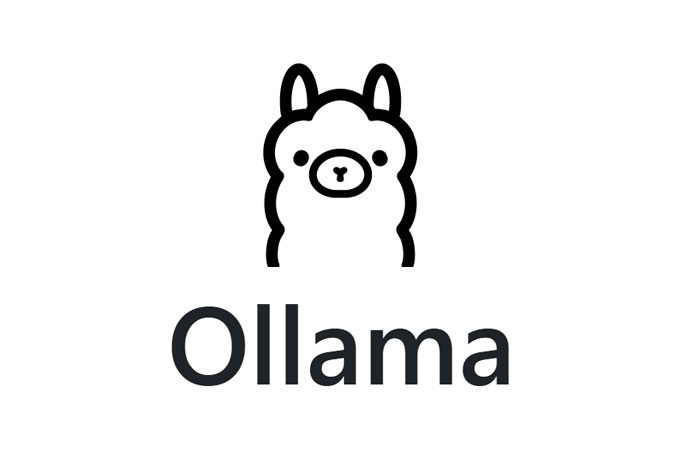Imagine having the power of advanced AI right on your laptop—no expensive hardware, no complicated setup, just a few simple commands to unlock a world of possibilities. For 29-year-old software developer Emma Collins from Austin, Texas, this became a reality when she discovered Ollama. “I wanted to experiment with AI models for a personal project, but I didn’t have access to a high-end server,” she says. “Ollama let me run these models on my MacBook, and I was blown away by how easy it was.” Since its launch in June 2023, Ollama has been making waves as an open-source tool that lets anyone run large language models (LLMs) locally, and by August 2024, it’s clear this project is transforming how everyday users interact with AI.
Ollama’s tagline says it all: “Get up and running with large language models locally.” Unlike traditional AI tools that often require powerful cloud servers or complex configurations, Ollama simplifies the process, allowing users to harness the power of LLMs on consumer-grade PCs. Whether you’re a developer building an app, a researcher testing AI capabilities, or a hobbyist exploring the latest tech, Ollama makes AI accessible. With over 1 million downloads reported on its GitHub page by mid-2024, the tool’s popularity is soaring, and experts predict that LLMs will soon be a staple in edge devices like smart home systems and wearables.
What sets Ollama apart is its user-friendly design. Installation is a breeze—users can get started with just a few commands, whether they’re on a Mac, Linux, or Windows machine. Ollama even offers Docker support, making deployment in containers straightforward for those familiar with the technology. Once installed, it provides a clean command-line interface and a server to manage LLMs efficiently. The tool automatically detects your hardware, prioritizing GPU resources for faster performance if available, but it runs smoothly on CPUs too. This flexibility means you don’t need a high-end gaming rig to get started—just a standard laptop will do.
Ollama’s library of supported models is another highlight. It includes popular open-source LLMs like Llama 3.3, DeepSeek-R1, Gemma 2, and Qwen 2, all of which can be downloaded with a single command. These models are bundled into a “Modelfile”—a package that includes weights, configurations, and data—making it easy to manage and switch between them. For example, Llama 3.1 supports tool-calling features, allowing the model to perform complex tasks like generating code or analyzing data by interacting with external tools, a capability that’s a game-changer for developers like Emma.
One of Ollama’s biggest draws is its commitment to privacy. Since all data processing happens on your local device, there’s no need to send sensitive information to the cloud—a major concern in an era where data breaches are all too common. A 2024 report by the Identity Theft Resource Center noted a 17% rise in data breaches compared to the previous year, underscoring the importance of tools like Ollama that keep your data secure at home. Plus, Ollama is completely free and open-source, meaning anyone can use it without cost, and its code is publicly available for scrutiny and improvement.
The tool also shines in its efficiency. Ollama optimizes resource usage, ensuring smooth performance even on devices with limited power. It’s designed to handle GPU acceleration when available, but its low resource demands mean it won’t overwhelm your system. This balance of power and accessibility has earned Ollama a passionate community of users. On platforms like GitHub and Reddit, users share tips, troubleshoot issues, and even contribute to the project’s development, fostering a collaborative environment that keeps Ollama evolving.
Dr. Michael Lee, an AI researcher at Stanford University, sees tools like Ollama as a democratizing force in technology. “By making LLMs accessible to anyone with a computer, Ollama is breaking down barriers,” he says. “It’s not just for tech giants anymore—small businesses, independent developers, and even students can experiment with AI in ways that were unimaginable a few years ago.” He points to the potential for LLMs to power edge devices in the near future, from smart refrigerators to wearable health monitors, as a sign of where the industry is headed.
For users like Emma, Ollama has already made a difference. She used it to run Gemma 2 for a chatbot project, cutting her development time in half. “I didn’t have to worry about cloud costs or data privacy issues,” she says. “It just worked.” If you’re curious about AI, Ollama offers an easy way to dive in. Head to its model library at ollama.com/library, pick a model, and start experimenting—all from the comfort of your own device. As AI continues to shape our world, tools like Ollama are putting the future in everyone’s hands.

